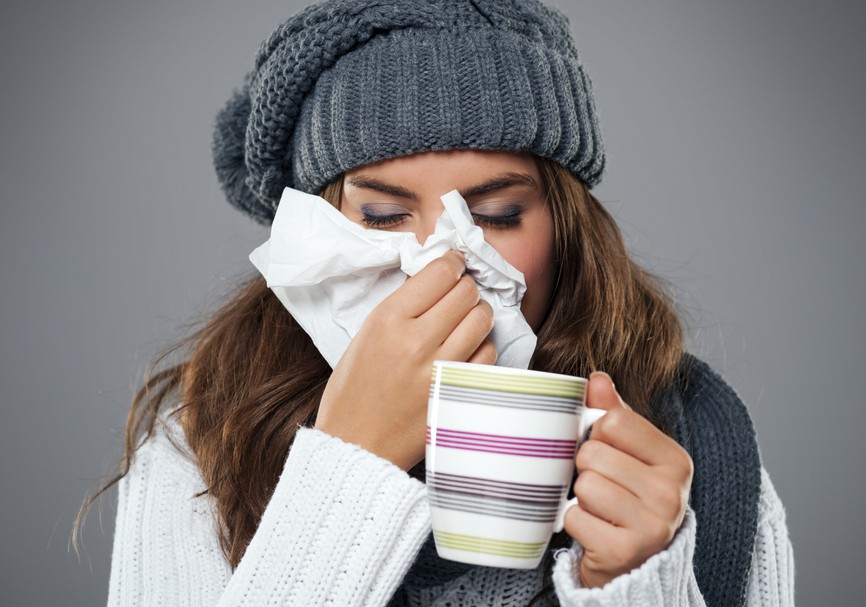The Directorate-General for Health (DGS) started this Thursday the publication of a new weekly report that focuses on the evolution of acute respiratory infections and the potential effects of the cold on the health of the population.
«Surveillance and monitoring of the seasonal health response and risk assessment will support risk management and communication in this context», stresses the DGS in a note sent to the newsrooms.
The publication will be on Thursdays, the weekly report on monitoring the epidemiological situation of COVID-19 and the situation report will no longer be published.
The incidence of respiratory infections (influenza, COVID-19 or respiratory syncytial virus infection), the evolution of flu vaccination coverage in primary health care, emergency and hospitalization episodes, occupation of intensive care units, contact with the NHS 24 and INEM) are part of the indicators analyzed in the report.
The document follows the creation of the Strategic Plan of the Ministry of Health for the Seasonal Response in Health – Winter 2022-2023, within the scope of epidemiological surveillance of respiratory infections and monitoring of the health system.
According to the note from the DGS, it also comes under the attributions of the Directorate-General for Health, including monitoring the health status of the population and its determinants, producing information for health planning; coordinate and ensure epidemiological surveillance of communicable and non-communicable diseases; disseminate information, communicate the risk and the measures to be adopted within the scope of the seasonal health contingency plan; as well as coordinating and ensuring alert systems and appropriate response to public health emergencies at the national level.
In this new phase, "it is important to monitor the evolution of acute respiratory infections, complete the seasonal vaccination program for COVID-19 and flu and use the SNS 24 as the first point of contact with the health system", he stresses.
“Individual protection measures, good practices in the prevention and control of infection should also be promoted, especially in contexts where people of greater vulnerability are present, such as hospitals and Residential Structures for the Elderly”, he adds.
The current situation «supports the reinforcement of the communication of the guidelines already issued to the health services, in order to activate the measures foreseen in the respective contingency plans and respond to the increase in demand for health services (including adequacy of the scales of human resources, expansion of schedules and adjustment of the scheduled activity)», the note also says.
This report integrates information from various sources and bodies in addition to the DGS, as a result of an intersectoral articulation, including the National Institute of Health Doutor Ricardo Jorge, the Central Administration of the Health System, the Shared Services of the Ministry of Health, the Service of Use Common Hospitals, Regional Health Administrations, Health Authorities at regional and local level, the National Institute of Medical Emergencies, the Portuguese Institute of the Sea and the Atmosphere, the Portuguese Environment Agency and other institutional and academic partners.
Click here to see this week's report (PDF)



















Comments